Regulatory Compliance as a Competitive Advantage
In today's evolving business landscape, regulatory compliance is no longer just a necessary evil that drains resources and slows innovation. Forward-thinking companies are discovering that strategic compliance management, powered by artificial intelligence, can become a significant competitive advantage that drives growth, reduces costs, and positions businesses ahead of their competitors.
How AI Transforms Regulatory Compliance from Burden to Benefit
Traditional compliance approaches often involve manual processes, reactive measures, and substantial human oversight that can bog down operations. AI is revolutionizing this paradigm by automating routine compliance tasks, identifying patterns in regulatory data, and enabling proactive compliance strategies.
Machine learning algorithms can analyze vast amounts of regulatory documentation, automatically flag potential compliance issues, and provide real-time monitoring of business processes. This transformation allows compliance teams to shift from firefighting mode to strategic planning, turning regulatory requirements into opportunities for operational excellence.
Smart compliance systems can also streamline reporting processes, ensure consistent documentation, and maintain audit trails automatically. This not only reduces the administrative burden but also improves accuracy and reduces the risk of human error that could lead to costly violations.
Reducing Compliance Costs While Improving Quality
AI-driven compliance solutions deliver a powerful dual benefit: significant cost reduction coupled with enhanced compliance quality. Automated monitoring systems can track regulatory changes across multiple jurisdictions simultaneously, eliminating the need for large teams to manually review updates.
Intelligent document management systems can categorize, tag, and retrieve compliance-related information instantly, reducing the time spent on administrative tasks. This efficiency gain translates directly to cost savings while freeing up skilled professionals to focus on higher-value strategic activities.
Moreover, AI systems learn from historical data to identify potential compliance risks before they become violations. This predictive capability helps companies avoid costly fines, legal disputes, and reputational damage while maintaining the highest standards of regulatory adherence.
Predictive Compliance in Pharma Manufacturing
The pharmaceutical industry exemplifies how predictive compliance can transform operations. AI systems can monitor manufacturing processes in real-time, analyzing thousands of data points to ensure products meet stringent FDA (Food and Drug Administration) and international standards before issues arise.
These intelligent systems can predict equipment failures that might compromise product quality, optimize batch processes to maintain consistency, and automatically generate compliance reports that satisfy regulatory requirements. By implementing predictive compliance measures, pharmaceutical companies can reduce waste, minimize recalls, and accelerate time-to-market for critical medications.
Advanced analytics can also track supply chain compliance, ensuring that raw materials and components meet regulatory standards throughout the manufacturing process. This comprehensive approach not only maintains product quality but also builds trust with regulators and customers alike.
Future-Proofing Against Regulatory Changes
Regulatory landscapes evolve constantly, and staying ahead of changes is crucial for maintaining a competitive advantage. AI-powered compliance platforms can monitor regulatory bodies worldwide, analyzing proposed changes and assessing their potential impact on business operations.
Natural language processing capabilities enable these systems to interpret complex regulatory language and translate it into actionable business requirements. This proactive approach allows companies to adapt their processes well before new regulations take effect, avoiding the scramble that often accompanies regulatory changes.
The Bottom Line
Smart companies recognize that regulatory compliance, when approached strategically with AI assistance, becomes more than just risk mitigation; it becomes a catalyst for innovation and competitive differentiation. Organizations that embrace AI-driven compliance solutions position themselves to operate more efficiently, respond more quickly to market changes, and build stronger relationships with regulators and customers.
